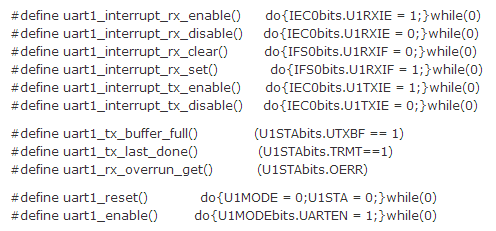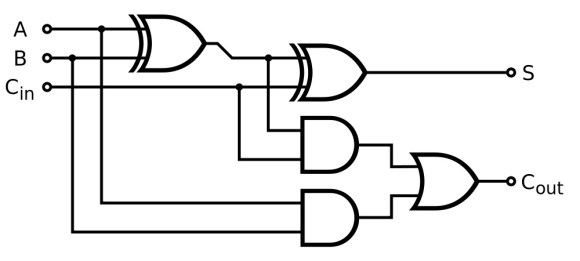The C pre-processor can help you write more concise, easy to follow code. It can also let you create a tangled ball of macros and #defines. [s1axter] wrote up a guide on how to use the pre-processor and keep your sanity.
We’ve seen some neat hacks with the C pre-processor, such as a full adder implementation, but this focuses on more practical usages. First, [s1axter] explains what the pre-processor does with your code by writing simple macros. Next up is arguments, and usage of ‘##’ directive for metaprogramming. Finally, we get a good explanation of why you need to worry about scope when using macros, and how to safe code by using ‘do {} while()’ statements.
If you’re into embedded programming, this guide will help you understand some of the more complex pre-processor techniques out there. It’s helpful for making your code clearer, and abstracting away hardware dependencies in a few lines of code.












